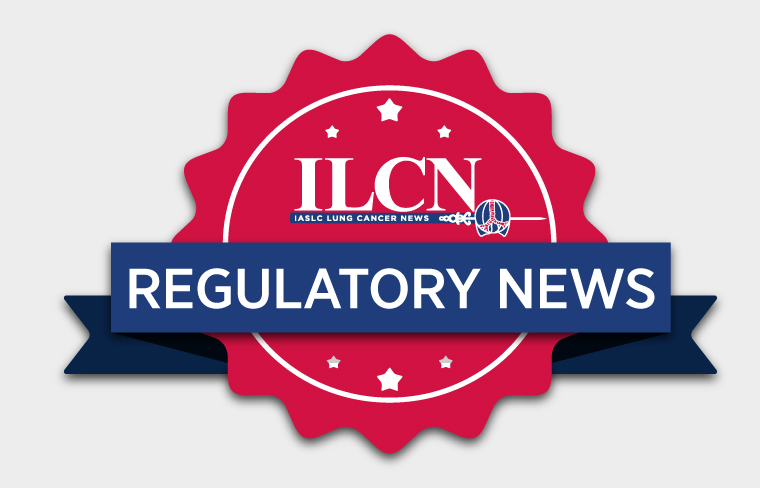CID-078 Receives Orphan Drug Designation

In a press release from June 2025, Circle Pharma announced that its investigational therapy CID-078 has received Orphan Drug Designation from the US Food and Drug Administration (FDA) for the treatment of small cell lung cancer (SCLC).
CID-078 is an orally bioavailable macrocycle with dual cyclin A and B RxL inhibitory activity.1 It selectively targets tumor cells by exploiting oncogenic alterations that dysregulate the cell cycle.1
These cyclin A/B RxL inhibitors have demonstrated the ability to disrupt protein-to-protein interactions between cyclins A and B, as well as cause single-agent tumor regressions in several in vivo models.1
The designation paves the way for a potential new treatment for SCLC, a condition associated with a poor prognosis and high recurrence rates, even with current treatment options. Circa Pharma has initiated a phase I clinical trial to evaluate the safety, tolerability, and anti-tumor activity of CID-078 in patients with advanced solid tumors, including SCLC.1
ARROS-1 Trial Yields Positive Preliminary Data in Advanced ROS1-Positive NSCLC
The first-in-human phase I/II ARROS-1 trial recently revealed pivotal data supporting the use of zidesamtinib in patients with advanced ROS1-positive non-small cell lung cancer (NSCLC) or other solid tumors previously treated with a tyrosine kinase inhibitor (TKI), according to a press release from Nuvalent, Inc.
Among patients who had previously received TKI treatment, the objective response rate (ORR) was 44%, with an estimated duration of response (DOR) of 78% at 12 months and 62% at 18 months.2 The ORR was 51% among patients treated with one prior ROS1 TKI (crizotinib or entrectinib) plus chemotherapy, with estimated DORs of 93% at both the 12- and 18-month marks.2
Zidesamtinib also demonstrated intracranial responses and exhibited a favorable safety profile. The most common treatment-emergent adverse events (TEAEs), reported in at least 15% of patients, were:
- Peripheral edema
- Constipation
- Blood CPK increase
- Fatigue
- Dyspnea2
The novel ROS1-selective inhibitor is designed to overcome the limitations associated with other ROS1-targeted therapies and to remain effective in tumors that have developed resistance.2 It’s also brain-penetrant, enabling it to improve outcomes for patients with brain metastases while avoiding inhibition of the tropomyosin receptor kinase (TRK) family.2
These features may help prevent TRK-related central nervous system toxicity, often seen with TRK/ROS-1 inhibitors, and could help support more durable responses across all patient lines.2
The phase II portion of the trial is ongoing. Nuvalent has announced plans to submit a New Drug Application (NDA) in July 2025, with a target completion in the third quarter of 2025.2
Resources
- 1. https://www.biospace.com/press-releases/circle-pharma-receives-fda-orphan-drug-designation-for-cid-078-for-the-treatment-of-small-cell-lung-cancer
- 2. https://investors.nuvalent.com/2025-06-24-Nuvalent-Announces-Positive-Pivotal-Data-from-ARROS-1-Clinical-Trial-of-Zidesamtinib-for-TKI-Pre-treated-Patients-with-Advanced-ROS1-positive-NSCLC










